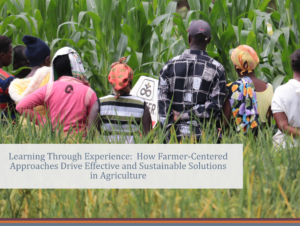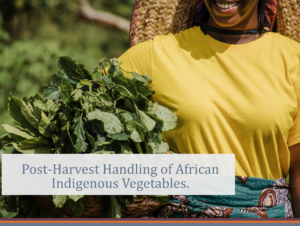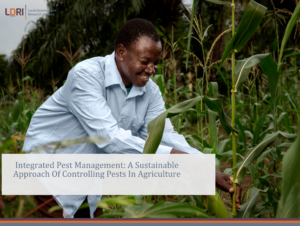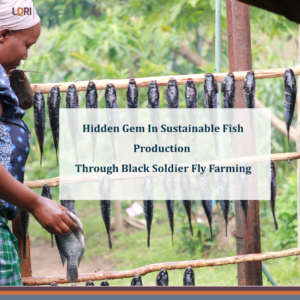![]()
How Village-Based Advisors Are Strengthening Food Security In Embu County
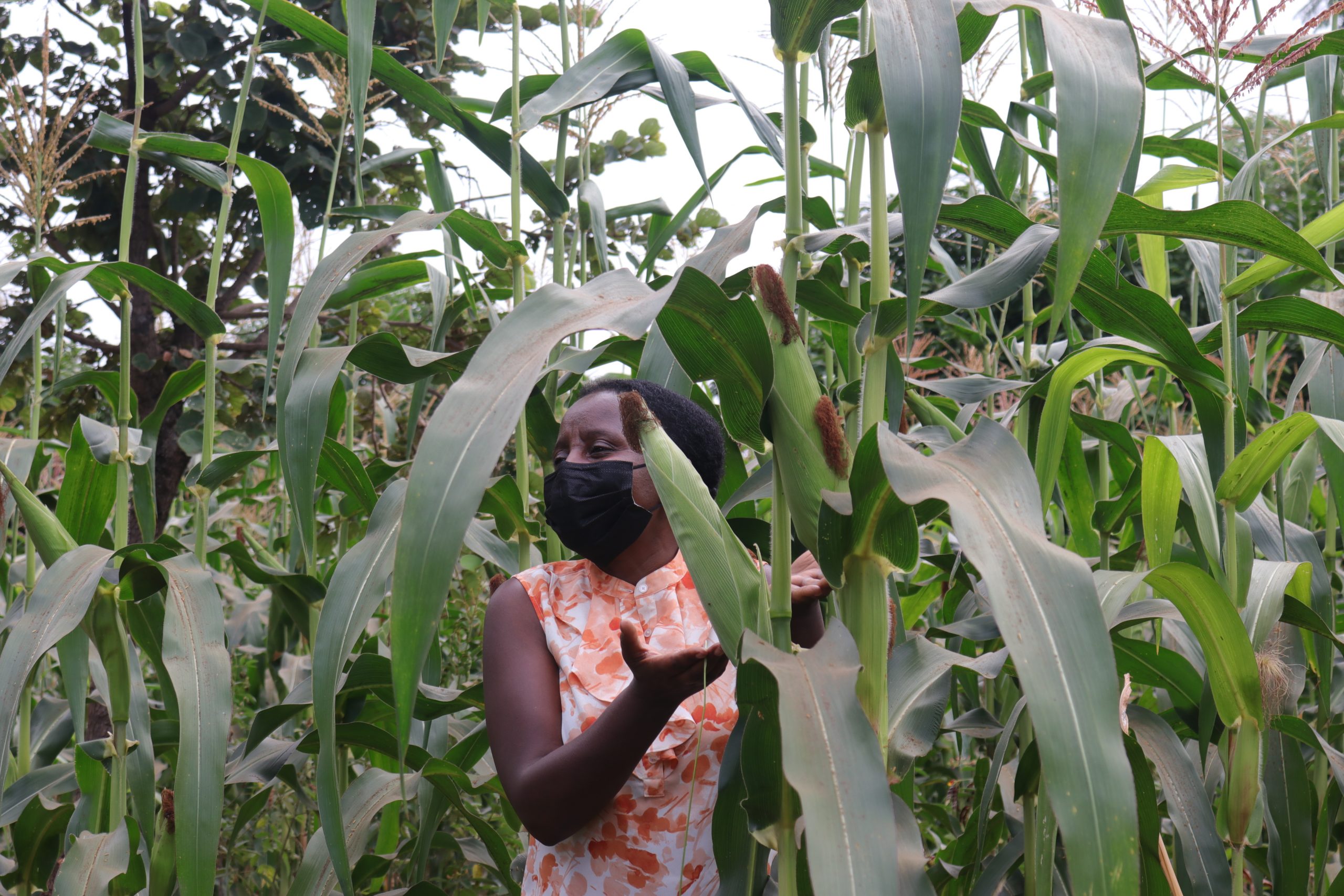
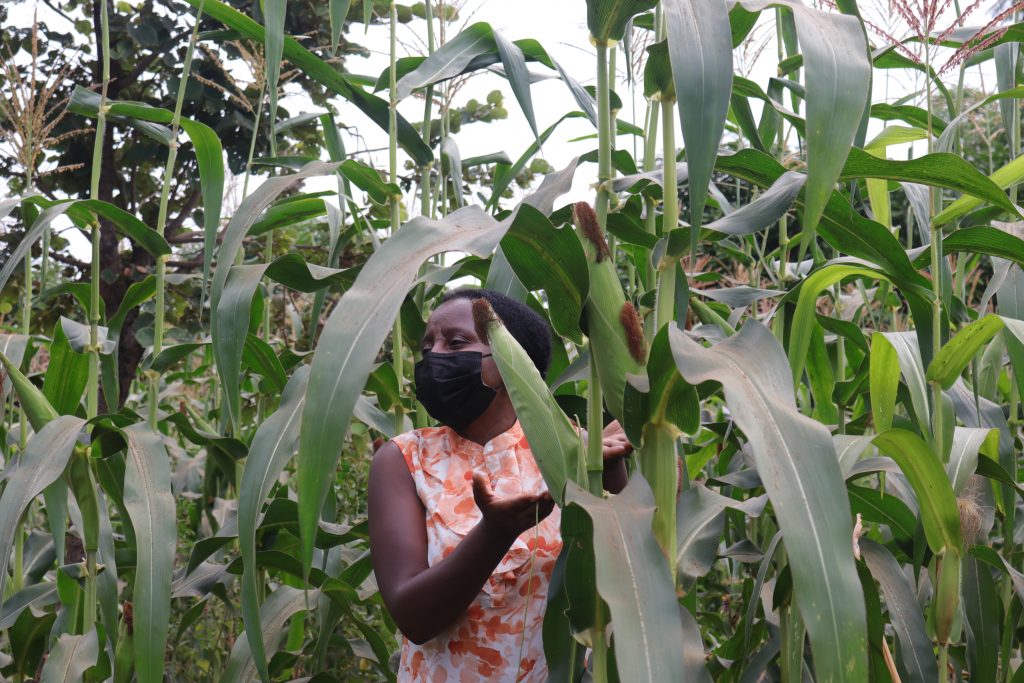
At the beginning of every financial year, Kenya’s Cabinet Secretary for National Treasury presents the budget to the Kenyan public. This is done in June of every fiscal year. One of the key areas that “Wanjiku”, a term that is used in Kenya’s political scene to refer to the ordinary citizen, is on the lookout for is how it affects the prices of basic commodities. This includes cooking fat, petroleum products and most importantly maize flour. The public’s reaction to the 2021/2022 budget was not different. The price of unga (flour) is still a concern for many because maize remains a staple food for a majority of Kenyans. Its availability and accessibility is generally an indicator of food security in the country. This is one reason our Extension Support Program, since its inception, has been focusing on providing capacity building, research and tools to help strengthen public sector agricultural extension systems, with an initial focus on maize production. A key intervention under this program has been the Village Based Advisors project, which we have been running in Embu and Kiambu Counties.
The VBA project is an experiential project with a recruited and trained volunteer workforce that supports last-mile delivery of good agricultural practices, adoption of new technologies and provision of remedial interventions. Trained VBA’s work with 100 farmers each season planting with them sample seeds on a section of their plots and comparing the performance of the sample inputs against their main plots to determine what changes they need to make in the next season in terms of practices and purchase behavior.
Starting a project and seeing it through is one thing. Starting a project and seeing results is a win. As witnessed during our field day, an event that takes place every quarter to get feedback from and engage with farmers and other rural actors in the maize value chain, and also give the farmers a chance to learn from other stakeholders in the agricultural sector, our VBA project has not only revolutionized maize farming but also transformed the lives of our farmers. By educating farmers on good agricultural practices (GAP) and the importance of adopting improved and agro-ecologically appropriate varieties of maize we have witnessed its impact on food security and economic empowerment.
One of our VBA’s, Catherine Njeru, from Kanyuambora location, Mbeere North in Embu County recently shared with us how growing the improved variety of maize increased her yield from 15 bags to 70 bags per harvest enabling her to have a surplus each season to trade. The income generated from selling the surplus bags of maize was used to educate her children and hence they did not have to be sent home during school terms because of lack of fees. She was also able to complete her dream house. By linking our farmers and VBA’s to microfinancing institutions, they have also been able to save and take up loans for other projects. The story of Catherine is not an isolated one but an experience shared by other farmers as well. Apart from the economic impact, the growth of improved variety has had on farmers, it has also enhanced food security especially in vulnerable places that are prone to droughts like the lowlands of Embu County. The Haraka -101 variety is preferred by a majority in the region.
As it is a reality of any success story, challenges are always part of the journey. We encountered our own share of speed bumps during the implementation stage of the project. Some of the challenges we have faced include hesitancy by some of the farmers to adopt improved varieties over recycled seed despite its disadvantages. This has hindered our goal of “leave no one behind”. Changes in weather patterns resulting in earlier than expected onset of rains was a challenge that created delays in the distribution of sample inputs in time for the planting season.
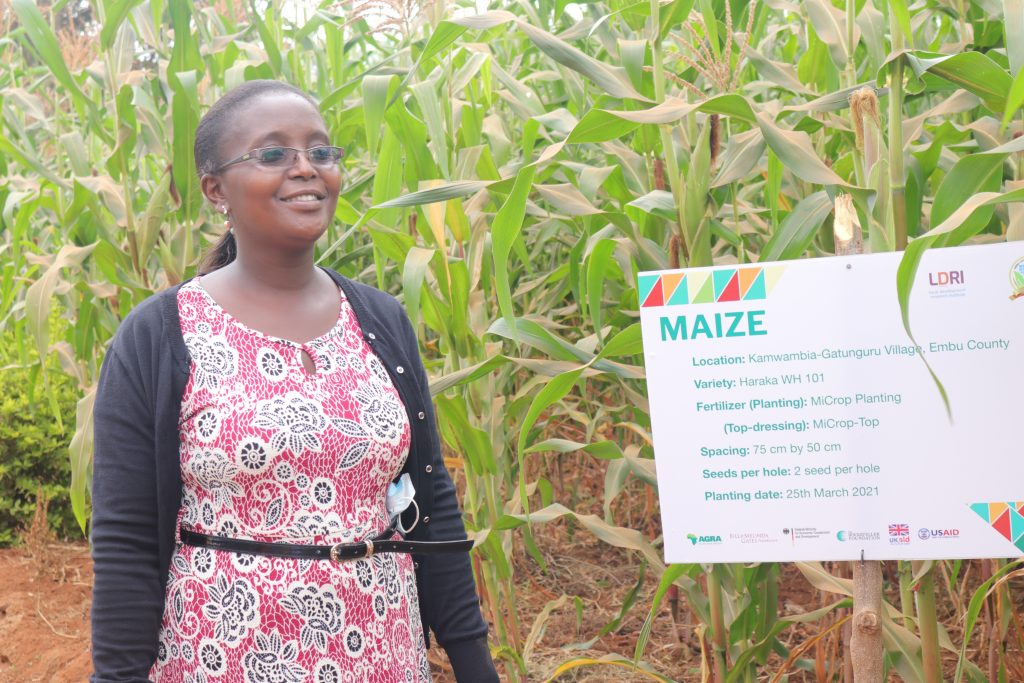
Adjustments to logistics and coordination with private sector partners are now mitigating this. We also observed the challenge of accessibility of appropriate fertilizers at an affordable price by smallholder farmers, a possible area for the government to continue investing in at both policy and market levels. Overall, the sustainability of the VBA model through mitigation of these challenges by both the County governments and partners is assured and it remains an additional effective tool in the public sector toolbox for ending hunger, poverty, and reducing inequality.

